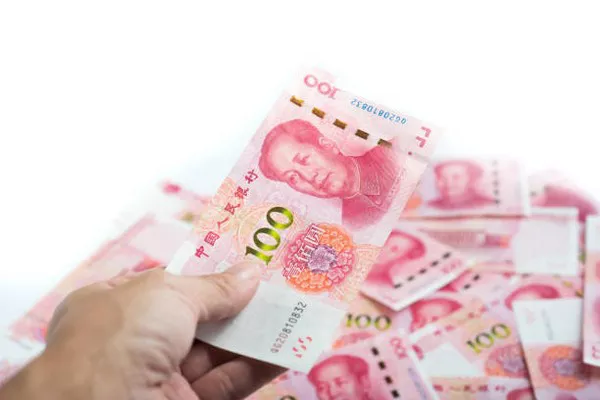In the realm of forex trading, timing is everything. The fluctuating nature of currency values demands strategic decision-making to optimize returns. One crucial aspect of this timing is determining the best day to buy currency. Understanding market dynamics, timing strategies, economic indicators, and leveraging appropriate tools are vital components in this pursuit. In this article, we delve into the intricacies of currency exchange to uncover the optimal day for making transactions.
Market Dynamics: Deciphering the Forex Market
Forex markets operate 24/7, with transactions occurring across different time zones worldwide. The forex market is driven by supply and demand dynamics, influenced by a multitude of factors including geopolitical events, economic indicators, central bank policies, and investor sentiment. Currency values fluctuate based on these factors, leading to continuous price movements.
Timing for Currency Exchange:
While the forex market operates round the clock, certain times exhibit higher volatility and liquidity than others. The overlap of trading sessions, particularly during the London-New York session, tends to witness increased trading activity, fostering optimal conditions for currency exchange. Traders often prefer these peak trading hours for executing transactions due to tighter spreads and enhanced price movement.
However, it’s important to note that heightened volatility can also pose increased risks. Sudden price fluctuations during volatile periods may lead to unexpected losses if not managed effectively. Therefore, traders should exercise caution and implement risk management strategies during these volatile periods.
Weekday Trends:
Analyzing historical data reveals certain trends regarding currency performance on specific days of the week. For instance, Mondays and Fridays often witness lower trading volumes, potentially leading to less pronounced price movements. Conversely, mid-week days such as Wednesday and Thursday may experience heightened activity, driven by economic releases and market sentiment shifts.
Moreover, certain currency pairs exhibit distinct behaviors based on the day of the week. For example, the Australian dollar (AUD) and New Zealand dollar (NZD) tend to be more active during the Asian trading session, while the euro (EUR) and British pound (GBP) are heavily influenced by European trading hours.
Economic Indicators:
Economic indicators serve as vital signposts, providing insights into the health and direction of a country’s economy. Key indicators such as GDP growth, employment data, inflation rates, and central bank announcements significantly impact currency valuations.
Traders should pay close attention to economic calendars to track the release of these indicators. High-impact events like central bank meetings or non-farm payroll reports often lead to increased market volatility, presenting opportunities for traders to capitalize on significant price movements.
Forex Strategies:
Effective forex strategies are essential for optimizing trading outcomes. One approach is to set up price alerts or notifications for desired exchange rates. This enables traders to act swiftly when the market reaches their predetermined levels, eliminating the need for constant monitoring.
Additionally, utilizing forward contracts can mitigate the risk of adverse currency movements. Forward contracts allow traders to lock in exchange rates for future transactions, providing protection against unfavorable fluctuations in currency values.
Tools and Resources:
Numerous tools and resources are available to assist traders in making informed decisions. Forex trading platforms offer advanced charting tools, technical indicators, and real-time market news to aid in analysis. Economic calendars provide schedules of upcoming events and releases, allowing traders to stay abreast of potential market-moving developments.
Furthermore, mobile applications offer convenience and accessibility, enabling traders to monitor exchange rates and execute transactions on the go. Utilizing these tools effectively empowers traders to navigate the complexities of the forex market with confidence.
See Also What is the CNY Pegged to?
Conclusion
Determining the best day to buy currency requires a nuanced understanding of market dynamics, timing strategies, economic indicators, and effective utilization of resources. By leveraging this knowledge and adopting sound trading practices, traders can enhance their prospects of success in the dynamic world of forex trading. While there is no one-size-fits-all approach, staying informed and adaptable is key to capitalizing on opportunities in the ever-evolving currency markets.


